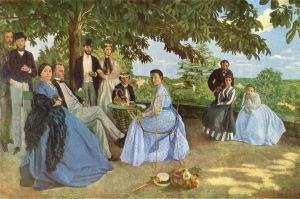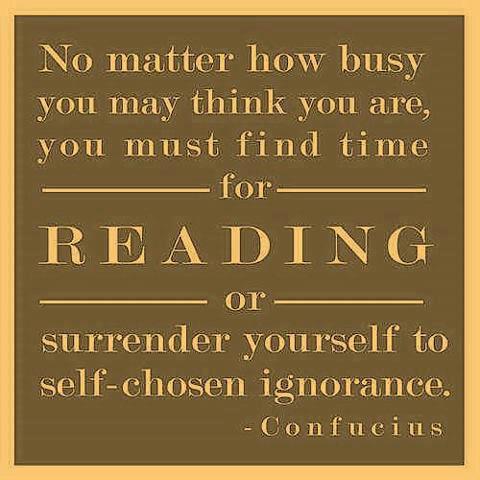Enter, stage left.
 Thursday, March 20, 2014 at 12:49PM
Thursday, March 20, 2014 at 12:49PM 
In early February this year, three of us North Vancouver writers drove halfway to the US to see Ivan Coyote at the Semiahoo Library. “The stage is a sacred place,” she said in her presentation Talking the Talk. Ivan emphasized that writers who are invited to participate in public readings or launches should treat the event with respect. They should work as hard preparing for public readings as they did writing the material in the first place.
Word count 425 Reading time: 2 minutes
This spring my novel Lockdown will be launched. That means for the first time, I’m going to have to read this work in public. That thought terrifies and excites me. Pain is so closely linked to pleasure after all.
Thank you, Ivan, for the wisdom, humour, and experience you shared that night. For those of you who may never have the opportunity to hear this wonderful speaker, here are some of her points:
- Foundation rule: who are you on stage for? Choose material with your audience in mind.
- Listen to other performers who are sharing your stage—and reference them.
- Watch other authors reading and learn from them. (Hint: google spoken word artists and open mic events).
- If you are reading from a book, let the audience see it.
- If you are reading from your own copy, print the material in a large enough font that is easy to read.
- Read the material aloud before you stand in front of the crowd. And practice practice practice it—at least twenty times beforehand.
- Think of your piece as ascending a 15 story building. Pace your reading so there are landings—pauses that allow your listener to absorb the material.
- The length of your pieces should be timed to fill about 85% of your time slot. See previous comment about landings.
- Arrive early and check the facility out. Introduce yourself to the sound people and event managers. Try to remember names.
- Don’t go on stage starving, after drinking carbonated beverages, dehydrated, or after a big meal.
- Most importantly, bring your best self to the stage. Don’t trash anyone or complain.
Still, I think the book launch will be a challenge for someone like me who avoids the spotlight. But it’s an essential part of the writing caper so I’ll set a date, put on my extrovert disguise, and take the leap.
What are your experiences with public readings? Is there something else that prepares a person for the first time (or the tenth) that they read their work in public?
***
Photo from Wikimedia Commons: Sarah Bernhardt performs as Sorceress, Library of Congress
 Book Launch,
Book Launch,  Ivan Coyote,
Ivan Coyote,  Library of Congress,
Library of Congress,  Lockdown the novel,
Lockdown the novel,  Sarah Bernhardt,
Sarah Bernhardt,  Sarah Bernhardt performs as Sorceress,
Sarah Bernhardt performs as Sorceress,  Semiahoo Library,
Semiahoo Library,  Talking the Talk,
Talking the Talk,  reading aloud,
reading aloud,  spoken word artists,
spoken word artists,  writers as performers in
writers as performers in  Courage in Writing,
Courage in Writing,  Introvert Extrovert,
Introvert Extrovert,  Reading as a writer,
Reading as a writer,  Writers as entertainers
Writers as entertainers 



